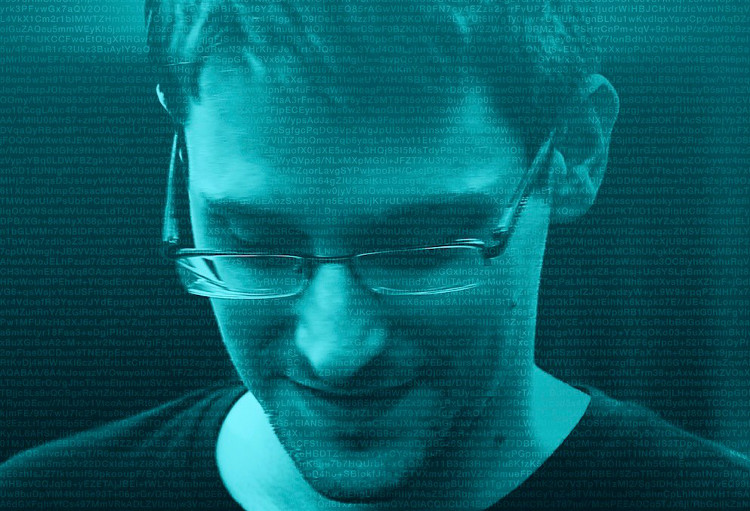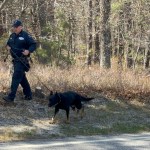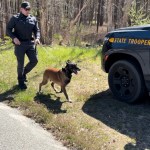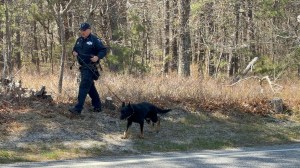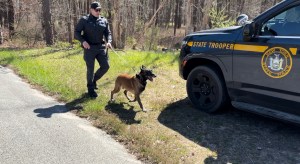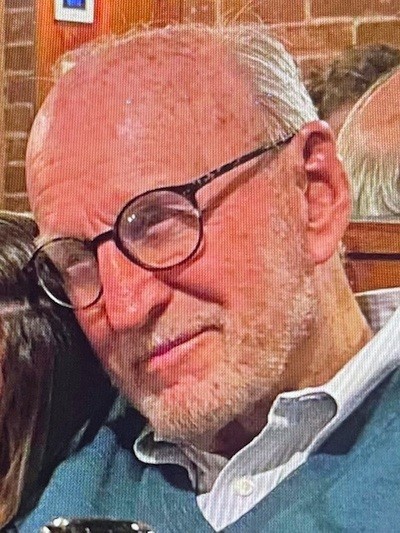Since National Security Agency whistleblower Edward Snowden leaked a cache of documents revealing mass electronic surveillance at home and abroad, more than one court has deemed the practice unconstitutional, tech firms have made it more difficult for the government to mine citizens’ electronic devices for data, and lawmakers have attempted to rein in the secretive bureau.
This has all occurred, unbelievably, in 17 months.
Yet, activists who promote an open and free Internet could argue that nothing substantial has happened in that time to effectively prevent further government intrusion into the lives of everyday citizens.
- Snowden, the man responsible for shedding light on top-secret NSA programs in June 2013 after meeting with journalists Glenn Greenwald and Laura Poitras in China, is still in legal limbo and remains in Russia, where he has been granted temporary asylum after he was charged under the Espionage Act, a World War I-era law meant to prosecute spies, and had his passport revoked. He has since been accused of being a spy (first for China, then Russia) and dubbed a traitor.
- Programs such as Prism, which the Guardian and Washington Post revealed allows the government to access tech firm systems and collect customers’ Internet activity, such as emails, search history and messages, is still in place.
- Officials who were found to have lied to Congress, such as James Clapper, director of National Intelligence, were never held accountable.
- And the USA Freedom Act, which would have put phone records in the hands of phone companies instead of the NSA, failed in the Senate this week.
Snowden’s disclosures may seem like a thing of the past, but the leaks are still very much relevant.
Bringing the disclosures back to the fore with her latest documentary is Poitras, who was already in the middle of producing a film about the post-9/11 surveillance state, the final episode in a three-part series, when Snowden contacted her under the handle “Citizenfour.”
Poitras, who received an Academy Award nomination for her Iraq War documentary My Country, My Country, gives viewers a gripping, unprecedented look into the one of the largest leaks of classified data in American history. Through her lens, moviegoers sit in the same hotel room in China where she and Greenwald meet Snowden for the very first time. They see the man behind the disclosures up close and personal. They literally watch the entire saga–from the original, encrypted email correspondences between Poitras and Snowden, to their first infamous meeting, through the breaking of the story in the press, and its aftermath–unfold before their eyes.
Those who read Greenwald’s latest book No Place to Hide know all about the cloak-and-dagger spy tactics the trio used to ensure the covert meeting wouldn’t attract government attention. Snowden instructed them to head to the third floor of a swanky hotel in Hong Kong, ask an employee about a restaurant there, wait on a couch near an alligator and look for a man holding a Rubiks Cube in his left hand.
But it’s only until Snowden, Greenwald and Poitras are in a hotel room do we see the whistleblower for the first time.
Poitras goes on to record Snowden inside the room over the course of eight days: Most of the footage is of interviews they conduct with the whistleblower. Other scenes, and arguably the most revealing, are the moments when Snowden is left to his own thoughts. Poitras, a veteran filmmaker, gives the audience a chance to digest the disclosures at the same time that Snowden is alone and at his most vulnerable. He had just leaked some of the government’s most top-secret documents, yet is unnerved and in total control. It’s during these intimately private moments that you can’t help but try to understand what’s going through this 29-year-old’s mind.
During their first sit-down, Snowden admits he’s never been the subject of an interview before. Yet, he’s seated comfortably in a chair and appears astonishingly calm, seemingly at peace with soon becoming America’s most wanted fugitive.
He comes off incredibly intelligent and honest. Snowden admits he’s more willing to risk imprisonment than he is willing to allow the government to infringe on Americans’ liberties.
We then watch the leaks unfold. The first story to shake up Washington is about a top-secret government order requiring Verizon to hand over records from millions of its customers. A day later, the Guardian and Washington Post published separate stories about the once-secret Prism program.
By now, the government is reeling. The NSA’s mass surveillance operation is exposed across the globe.
Inside the hotel room, the drama is building. Snowden learns from his girlfriend, whom he says he intentionally left in the dark about his actions, that the NSA came to their apartment asking questions. The room is silent. Poitras, perhaps sensitive to this private moment between Snowden and his girlfriend, does not reveal the content of their communication.
Snowden eventually professes his desire to go public, but not before a riveting back-and-forth with Greenwald about whether they’re doing the government’s job by revealing his identity, something Greenwald isn’t so sure the government will ever figure out. Snowden is convinced the NSA will discover he’s the leaker. He is adamant that the source of such an unprecedented disclosure of top-secret information should not hide among the shadows. Stepping out and putting a concrete name and face to such revelations would be much more powerful, he believes, sending a message to the powers that be that he will not hide, he will face this head-on.
His mind is made up.
There are other tense moments: a fire alarm repeatedly blaring in the hallway (Are they being forced outside in order to be scooped up by the FBI, the CIA, the NSA!?); Snowden preparing to embark on an uncertain future; phone calls to his hotel room from several media outlets; the sense that at any moment authorities will kick down the door and take him away.
Snowden is eventually whisked away by lawyers before heading underground, and we don’t see him again until the film’s final scene, recorded months after the initial meeting in Hong Kong.
Snowden is reunited with Greenwald, who traveled to Russia to tell him about another leaker in the intelligence community. The whistleblower apparently provided investigative reporter Jeremy Scahill with documents concerning the United States’ drone program and the terrorist watch list. This is all explained through feverishly written notes from Greenwald to Snowden. They don’t know if anyone is listening. The scope of the new disclosures has Snowden astonished, and a bit worried. He wonders if the leaker knows how to protect their identity. Greenwald assures him that the source understands what they’re doing.
As the conversation comes to an end, Greenwald rips up the notes. Only one phrase remains visible: “POTUS.”
While the documentary is very much about Snowden, Poitras brings in several other characters to weave together the narrative: William Binney, a former NSA employee who left the agency when he discovered it was spying on Americans; Ben Wizner, Snowden’s American Civil Liberties Union lawyer who, in a meeting with about a half-dozen other attorneys representing Snowden, reminds them about how difficult it is to defend a client charged under the overbroad Espionage Act; and Greenwald, who most Americans are very familiar with by now.
But there is one glaring omission, and that’s the role Poitras played. She remains behind the camera and never steps into the spotlight.
With all the government secrets being exposed, it’s easy to forget about the people who risked everything to make it happen.
Poitras is perhaps this story’s most important character. She was the first to respond to Snowden’s emails and the first member of the public to read the NSA documents.
Yet, she’s seemingly content with remaining in the shadows, while telling the stories that many others would be too fearful to tell.



